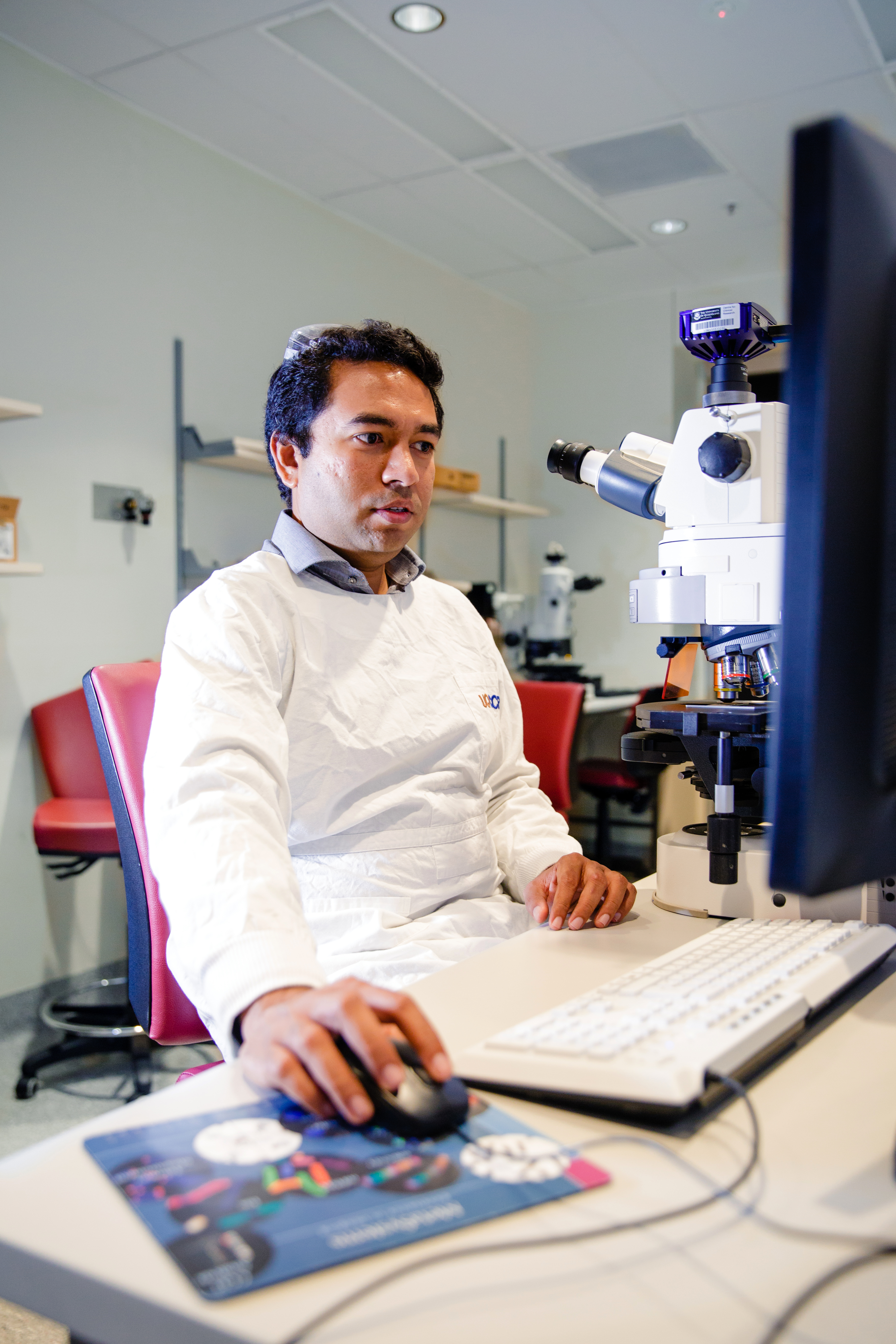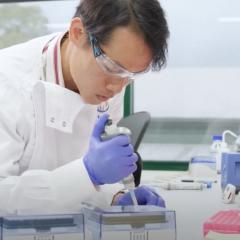Brisbane-based gut microbiome Biotech Company, Microba, have partnered with researchers from The University of Queensland’s Faculty of Medicine to develop new treatments and biomarkers for Parkinson’s disease by targeting the gut microbiome.
Research is increasingly pointing toward the gut microbiome as a key player in the development of common symptoms of Parkinson’s disease.
UQ Research Lead at the Faculty of Medicine, Dr Richard Gordon, said his team were excited to work with Microba on this important research program.
“We aim to gain unprecedented insights into the role of the microbiome in Parkinson’s disease to guide our quest for new treatments and diagnostic biomarkers,” Dr Gordon said.

The disease is characterised by the loss of brain cells that produce dopamine.
There are currently no early diagnostics, and treatments only assist to lessen some symptoms.
Research increasingly points to the gut microbiome as playing a key role in the development of Parkinson’s, with evidence showing that changes in gut function often come many years before the onset of classic symptoms such as tremors.
This presents an opportunity to target the gut microbiome as an earlier source of diagnosis and intervention.
Microba Co-founder and microbial ecologist Professor Gene Tyson said this project would take an important step towards advancing research on the gut microbiome in neurodegenerative diseases.
“We believe that this partnership will uncover disease-related signals in the microbiome that have not been seen before,” Professor Tyson said
“We are excited to apply Microba’s leading measurement and analysis tools to enable discovery in this debilitating disease.”
Parkinson’s disease is the second-most prevalent neurodegenerative disease worldwide, with more than 10 million suffering from the disease.
The partnership will involve a combination of human studies in Parkinson’s disease patients and work in animal models.
It will also explore how environmental and lifestyle factors influence the gut microbiome and the impact treatments have on improving symptoms or progression of disease, via the microbiome.
The partnership’s first clinical trial, funded by the Queensland Government’s Advance Queensland Program is set to commence in 2021 at multiple sites in Queensland.
It will determine if a new treatment can restore beneficial gut microbiome species.
Media: Dr Richard Gordon, r.gordon1@uq.edu.au, 0415727306; Faculty of Medicine Communications, med.media@uq.edu.au, 3365 5118, 0436 368 746.



